How to Talk to Kids About Cancer
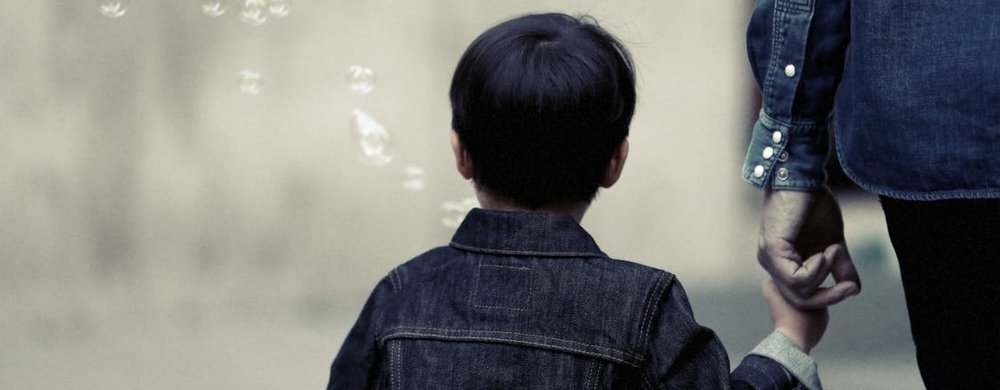
Dealing with any illness as a parent is never easy, especially when your children are young. When you’re facing a cancer diagnosis, the challenge of balancing your own treatment with the needs of your children is tremendous. How to talk to kids about cancer is a difficult topic to manage.
The good news is you’re not alone in this challenge. Learning from the experiences of cancer survivors, who faced it as mothers and fathers, can help you navigate your own journey through parenthood with cancer.
How do I tell my children about my cancer diagnosis?
Speaking to your children for the first time about your cancer diagnosis can set the tone for how they handle the duration of your treatment.
There’s no one right approach, of course. Your child’s age, your outlook, and many other factors might dictate when and how much you choose to reveal.
But the most common themes among the survivors The Patient Story spoke with: There’s no hiding it, so be honest.
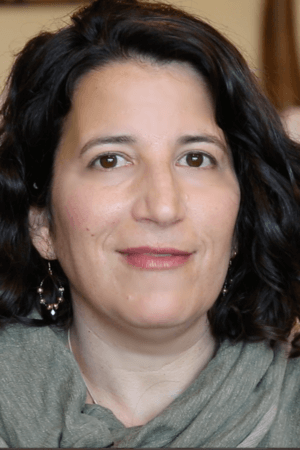
There was no hiding it from the kids, for better or for worse. I don’t necessarily think it was for worse because it’s a strange place to be now where I appear normal yet I know I’m still dealing with a very scary situation…
In a way having this tangible – there is this thing, it is real and you can see it, I think helps process. Helps everybody face it and deal with it.
Lisa Goldman, Non-small cell lung, ROS1-positive, Stage IV (Metastatic)
Read Lisa’s full story →
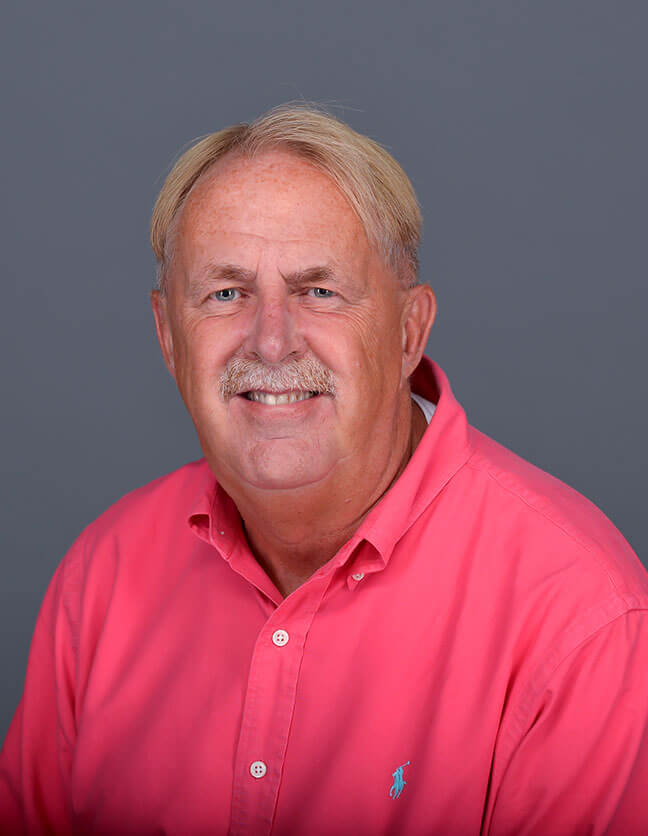
I will never forget [the social worker] because what she said was, ‘Be honest with them. Tell them what they need to know. You will always be truthful with them.’
Our kids were very young but the thing she said is what kids and young adults or anybody in your life fears is what you’re not telling them. That you’re hiding something. We were honest.
Tony Donk, Chronic Lymphocytic Leukemia (CLL)
Read Tony’s full story →
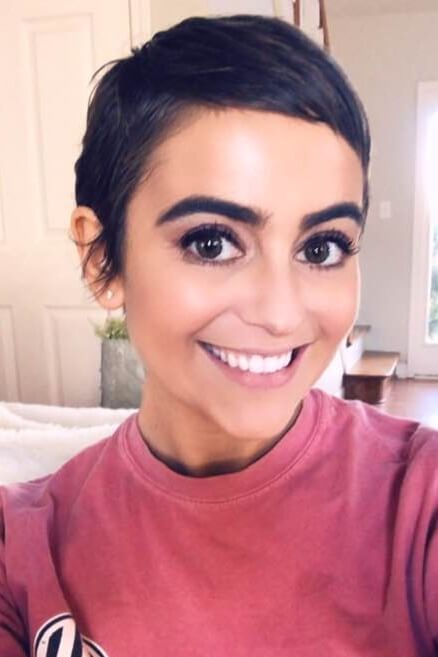
[My son] often asks how I got ‘my cancer,’ and I explain that it wasn’t anything specific, just something my body produced on its own. He’s still a little confused but we are very open and honest without saying anything that would scare him.
Keyla Scrogham, Primary Mediastinal (PMBCL), Stage I
Read Keyla’s full story →
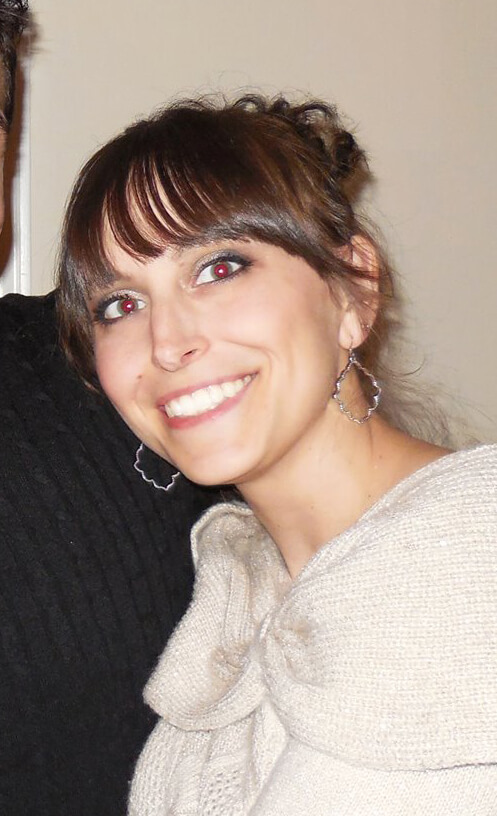
He clearly knew I was sick, but did not know what cancer was or that it could kill you. He did become fluent in oncology terms, such as chemo, neutropenia, and PET/CAT scans (he even asked ‘Is there a Dog Scan?’). A few years after, he learned a little more about what cancer is, and how serious it can be.
Donna Sadeghi, Primary Mediastinal (PMBCL), Stage I-II
Read Donna’s full story →
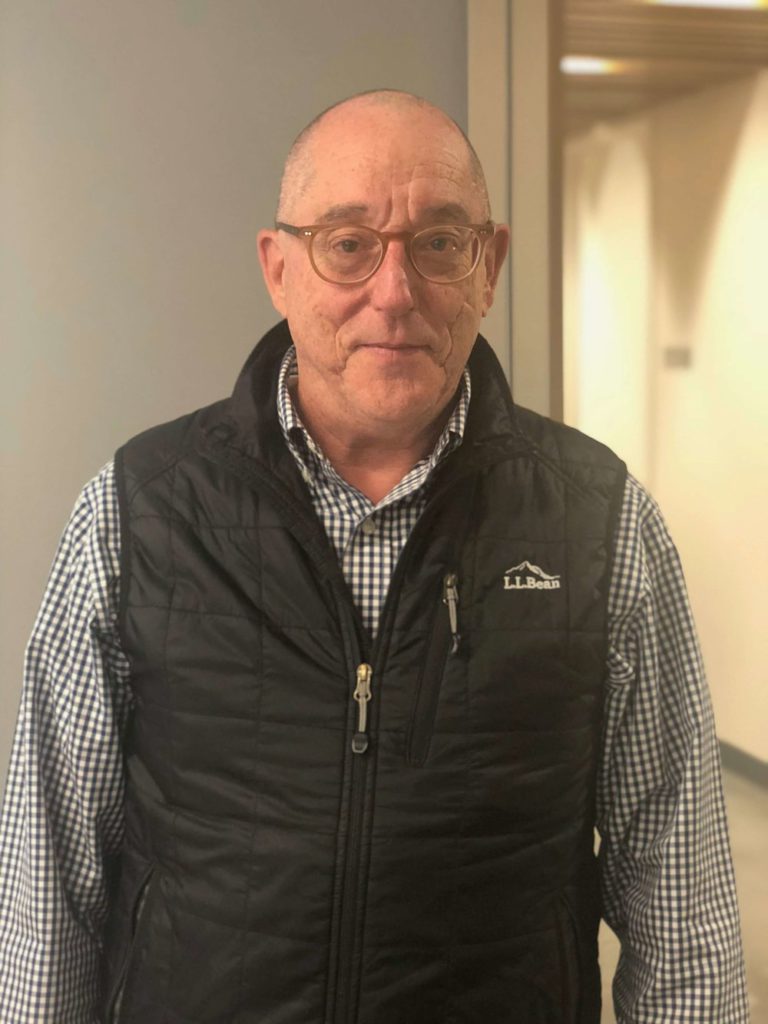
If you have kids you surely realize by now that you can’t bluff. You think you’re kidding them but you’re not. They’re really astute people. They get astuter as they get older. So I just concentrated on saying look here’s what happened. I was diagnosed with this. This is the scan, here’s what it looks like, it looks like it’s cancer.
Kevin Reamy, Transitional Cell Carcinoma (Urothelial), Invasive
Read Kevin’s full story →
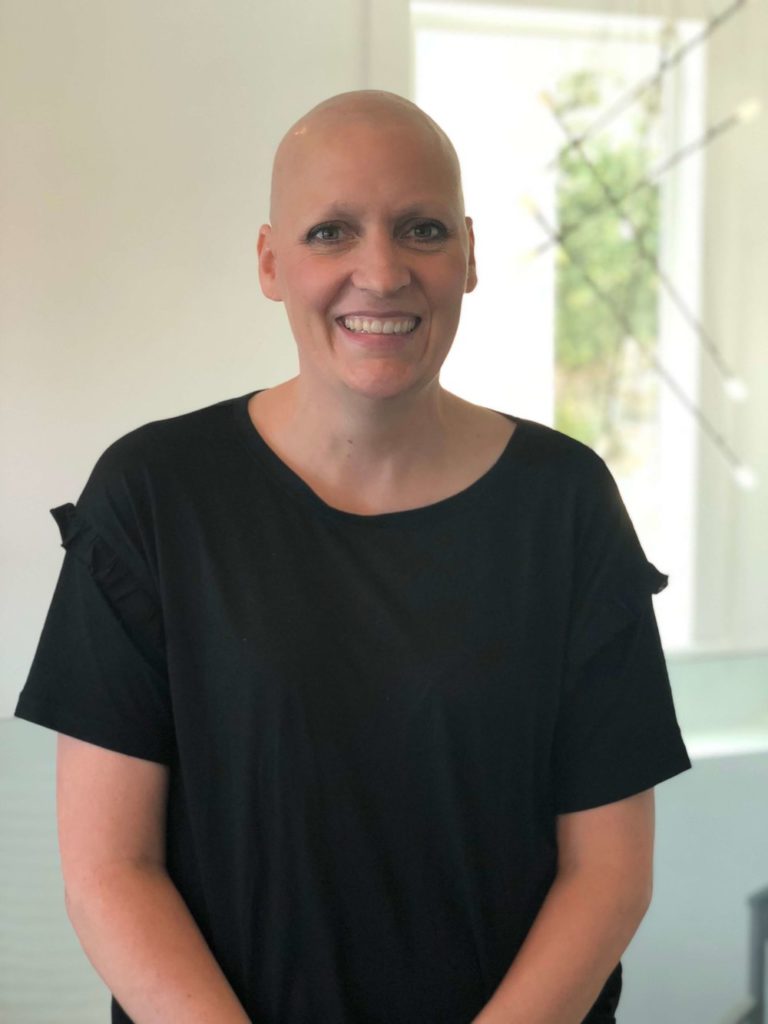
I would definitely say to be honest with your kids. I think they are a lot more scared when they know something’s wrong but they don’t know what it is. Even though my kids were scared of the ‘C’ word, cancer, they would go to school and they would come home after school and say, ‘Somebody said you can die from cancer. Can you die from cancer?’
I said, ‘Yes, you can die from cancer but mom is not there. I’m doing treatments and it’s working, I’m getting better right now. If it ever got bad and I was going to die, I would talk to you about that, I would tell you.’
Jodi Smith, Epithelial ovarian cancer, Stage IV
Read Jodi’s full story →
How can I help my children deal with the treatment process?
Telling your children about the diagnosis is just the first step. Helping them process and deal with the entire course of your treatment is just as important. Here are some approaches that helped for the patients The Patient Story spoke with:
Build a solid support system

We have a library of books and tools, anxiety tools, from coloring books to stress balls to games. This whole stable of support systems, whether it’s their teachers at school or the therapists we’ve hired or the doctors that know about it, things like that.
Lisa Goldman, Non-small cell lung, ROS1-positive, Stage IV (Metastatic)
Read Lisa’s full story →
Involve the kids in treatment

My wife brought both of the kids one at a time to sessions where she was getting radiation. The technicians showed them how it would work, all of those kinds of things.
Tony Donk, Chronic Lymphocytic Leukemia (CLL)
Read Tony’s full story →
Keep things as normal as possible

My mom stayed with my son while my husband and were in the hospital for my chemo treatments. At home, my husband held down the fort, and I did what I could. We tried our best to make things as normal as possible for our son. Though visiting me in the hospital on his birthday was not exactly normal, we did have a cake for him, and my mom and grand-mom came to celebrate as well.
Donna Sadeghi, Primary Mediastinal (PMBCL), Stage I-II
Read Donna’s full story →
How should I handle my emotions around my children?
With your own emotions running high throughout diagnosis, treatment, and recovery, your children are bound to notice. Here’s what a few patients had to say about managing these feelings around their children:

Kids don’t understand the same way adults do and I didn’t want to take them on that emotional roller coaster. When they were at school or I had some free time, that’s really when I would let myself process things or have those moments of I don’t want to do this anymore. I want this to be over. My body is exhausted, I just hurt, I don’t want to be in pain…I would let myself have those moments but I would always make my brain circle back into a positive space…I had to be there for my family.
Jodi Smith, Epithelial ovarian cancer, Stage IV
Read Jodi’s full story →

Part of my inner-dialogue as I recall was I saw it as an opportunity to demonstrate for my daughter how to handle something like this. I didn’t feel like freaking out so I didn’t want to freak out in front of her. I wanted her to see hey you can do something like this with grace and aplomb, accepting the facts that are there, putting a plan together and moving forward.
Kevin Reamy, Transitional Cell Carcinoma (Urothelial), Invasive
Read Kevin’s full story →
How will having cancer affect the family as a whole?
As much as you might try to bear the entire burden, cancer will affect your entire family, in different ways.

I’m really not the one doing the majority of the ‘raising’ right now and that’s been the most difficult part of it because I’m a very hands on parent, and person, with everything I do. I can’t go to nearly as many school functions, baseball games, basketball games, play dates with other kids, plays they’re in, fun activities like going to the movies or to laser tag, birthday parties of other kids, doctor visits, etc.
Keyla Scrogham, Primary Mediastinal (PMBCL), Stage I
Read Keyla’s full story →

Cancer didn’t just happen to me. It happened to my whole family…I’m sure it was terrifying, it still is terrifying for my husband to face the prospect of losing his partner potentially. And what it would be like to raise kids as a single parent. My mother is obviously distraught at the possibility of losing her daughter, both my parents. I don’t know what it’s like to be in one of those roles but I can appreciate that everybody has gone through this and it affects all of us a little differently.
Lisa Goldman, Non-small cell lung, ROS1-positive, Stage IV (Metastatic)
Read Lisa’s full story →
Should I ask for help with childcare?
Among the parents The Patient Story spoke with, there was definite agreement: take help when you can get it, even when if comes to childcare. Relieving the day-to-day burden as much as possible will allow you to focus on recovery, so that you can be there for the long-term with your kids.

Swallow your pride. Tell people that you’re not too proud to admit you need help running your household. People –family, friends, strangers even (not weirdo strangers, but classmate’s parents that you hadn’t met until now, etc) WANT to help you. You just have to be open to it…I’ve also been okay with asking my friends to watch the baby while I go get my labs done twice a week, or if [my husband] and I need a date night, or whatever the case may be.
Keyla Scrogham, Primary Mediastinal (PMBCL), Stage I
Read Keyla’s full story →

I would not hesitate to ask for help. You are fighting for your life and that is all you should be focusing on. If friends or family live nearby, I would suggest taking any help you can get.
It is inevitable that you will feel guilty for not being able to spend as much time with your children during chemo as you would like, however try not to beat yourself up too much.
Your job is to beat cancer so you can stay alive for your children.
Donna Sadeghi, Primary Mediastinal (PMBCL), Stage I-II
Read Donna’s full story →
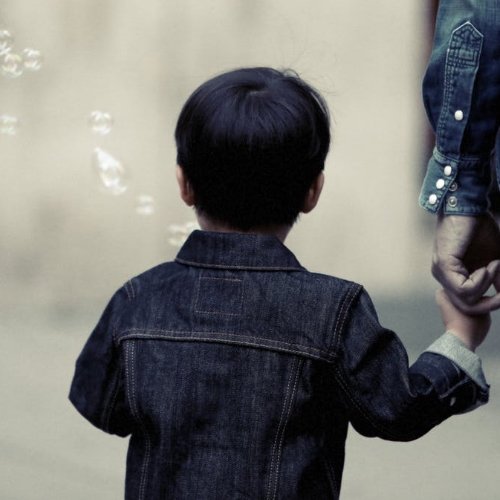
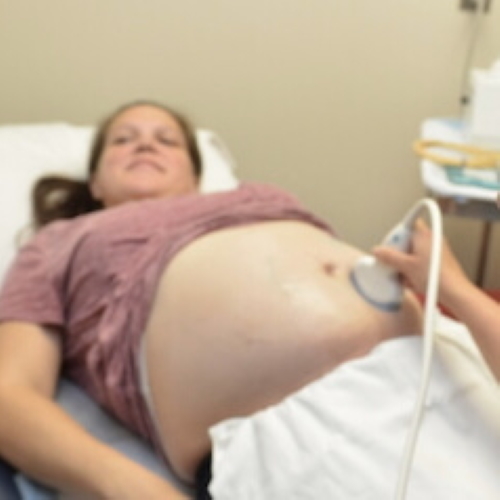
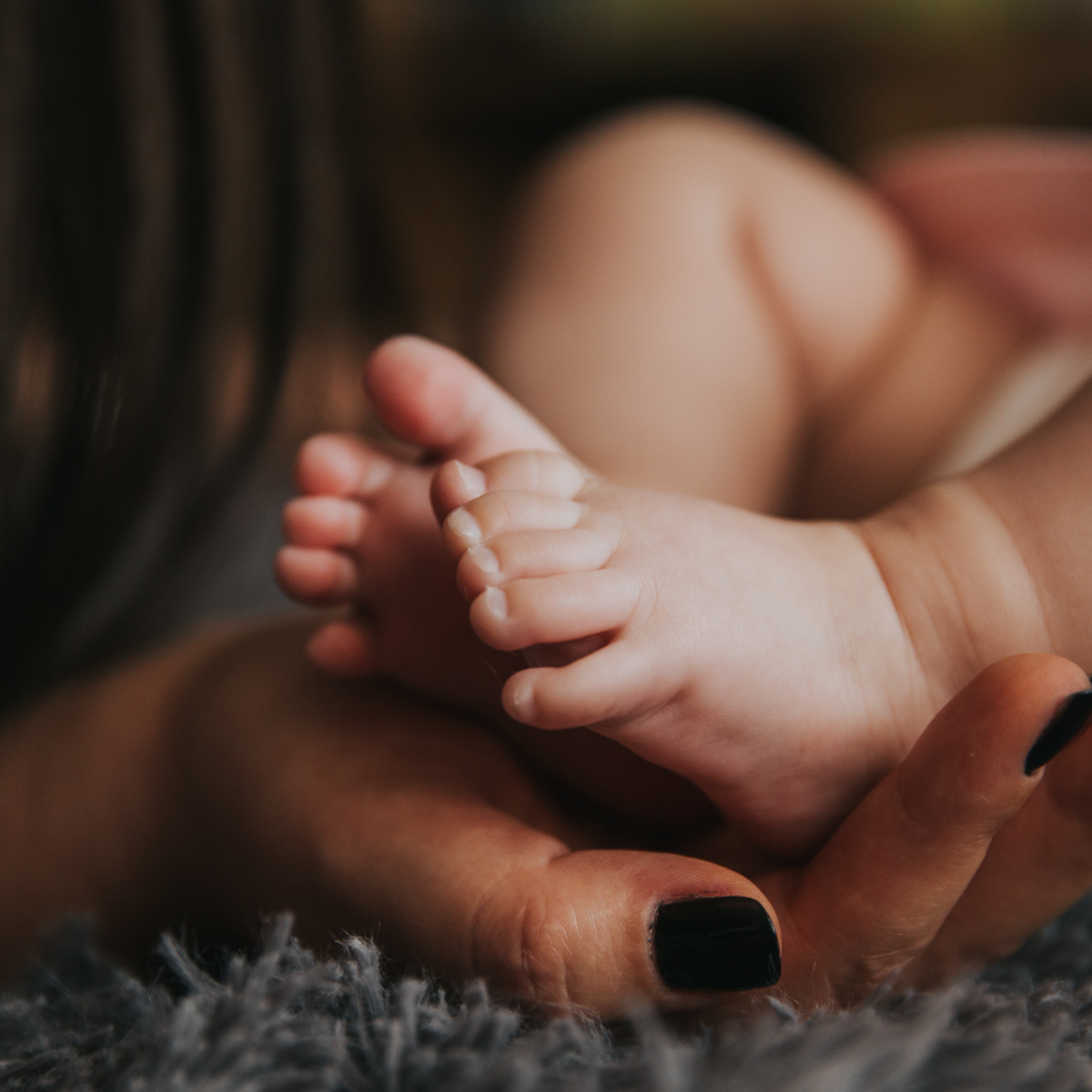
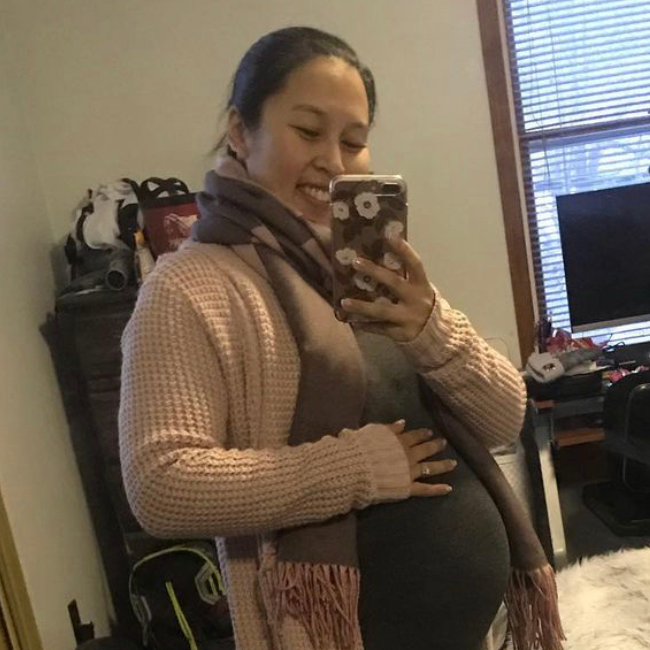
One reply on “How to Talk to Kids About Cancer”
The articles by the people fighting Ca brought tears to my eyes , gave me inspiration to be a better advocate for my self , my grand daughter has been with us since 18 months now nearly 9 , I need to be strong , the articles to help support your children have helped me formulate a plan for Angie to come to the hospital and see what ilike even if it’s only into the court yard due to COVID restrictions thank you for sharing your stories
Francey I’ve got %40 Andeocarcinoma %small cell Neuroendocrine carcinoma I only found about N E T Australia and their N E T nurse thank you